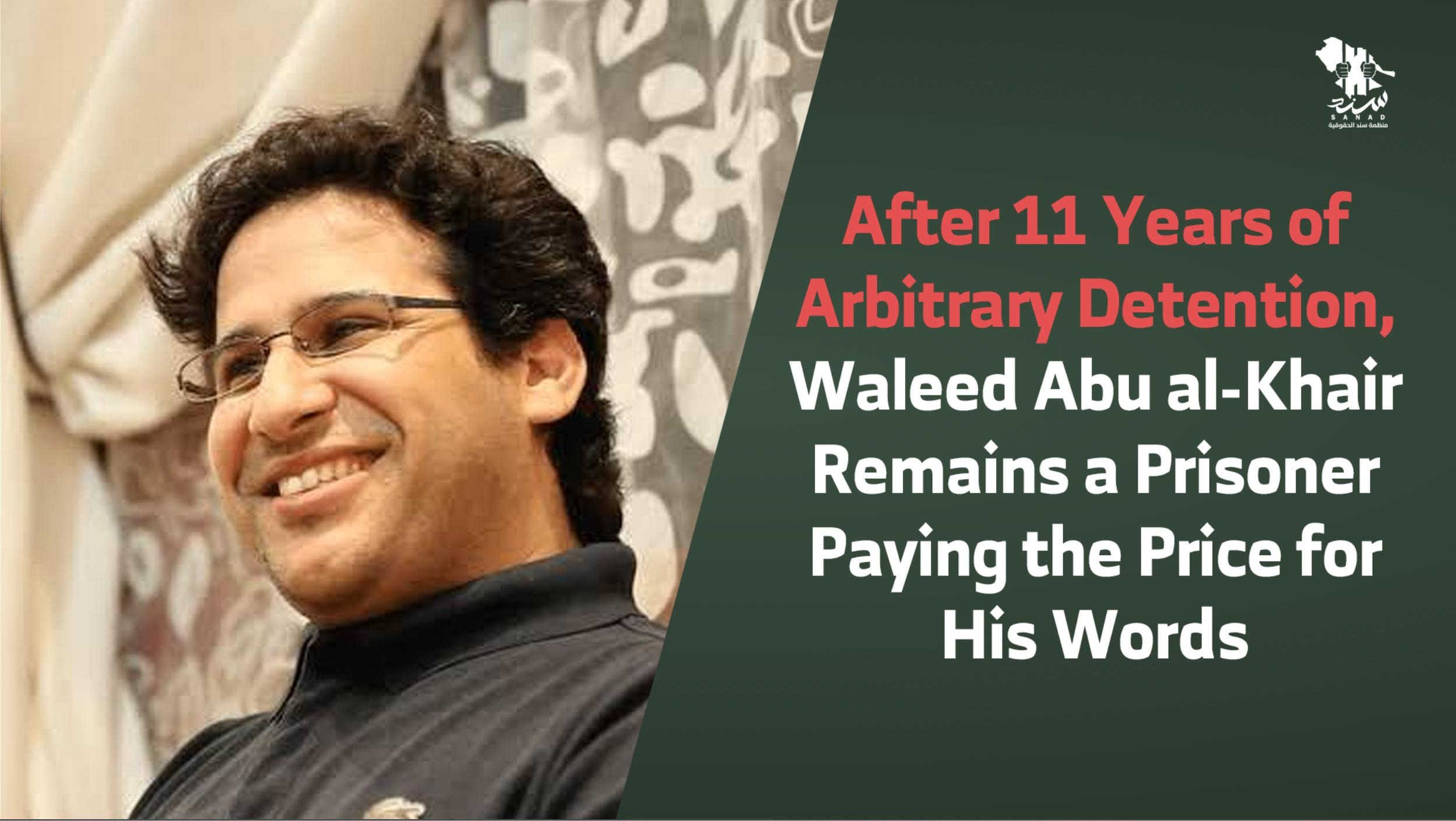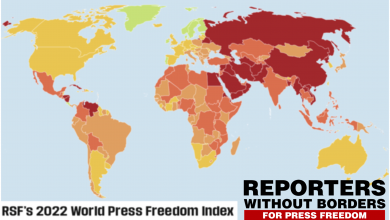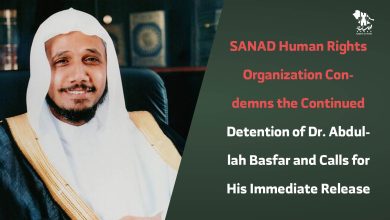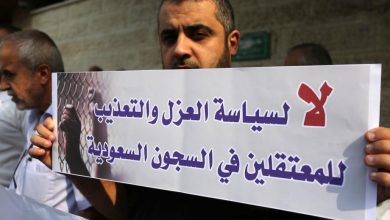
After 11 Years of Arbitrary Detention, Waleed Abu Al-Khair Remains a Prisoner Paying the Price for His Words
These days mark the eleventh anniversary of the arrest of Saudi lawyer and human rights defender Waleed Abu Al-Khair, one of the most prominent voices advocating for human rights in the Kingdom. He has been held in arbitrary detention since April 15, 2014, solely because of his peaceful activism and public calls for reform and justice.
Since his arrest, Waleed has spent years behind bars, subjected to a series of grave human rights violations, including prolonged solitary confinement, denial of family visits, and severe restrictions on his communication with the outside world. He has also been illegally denied access to necessary medical care, despite suffering from health problems that require urgent hospital treatment. Furthermore, he has endured physical and psychological torture, including being beaten on his back, dragged in chains, and placed under deliberate incitement by prison authorities. In February 2023, Officer Ahmad al-Shihri incited other inmates to attack him, which led Waleed to go on a hunger strike. In response, prison officials placed him in solitary confinement once again.
On July 6, 2014, the Specialized Criminal Court, which handles terrorism cases, sentenced him to 15 years in prison—10 years to be served, and 5 suspended—along with a 15-year travel ban following his release and a fine of 200,000 SAR. On January 12, 2015, the Court of Appeal ordered a harsher sentence, making the full 15 years mandatory.
Sanad Human Rights Organization calls for the immediate and unconditional release of lawyer and human rights defender Waleed Abu al-Khair and an end to his ongoing suffering, which has lasted over a decade due to his peaceful advocacy for justice and reform. The organization further calls on the Saudi authorities to cease using the judiciary as a tool to suppress human rights defenders, and urges the international community and human rights organizations to take action, pressure for his release, and hold those responsible for his mistreatment accountable.






